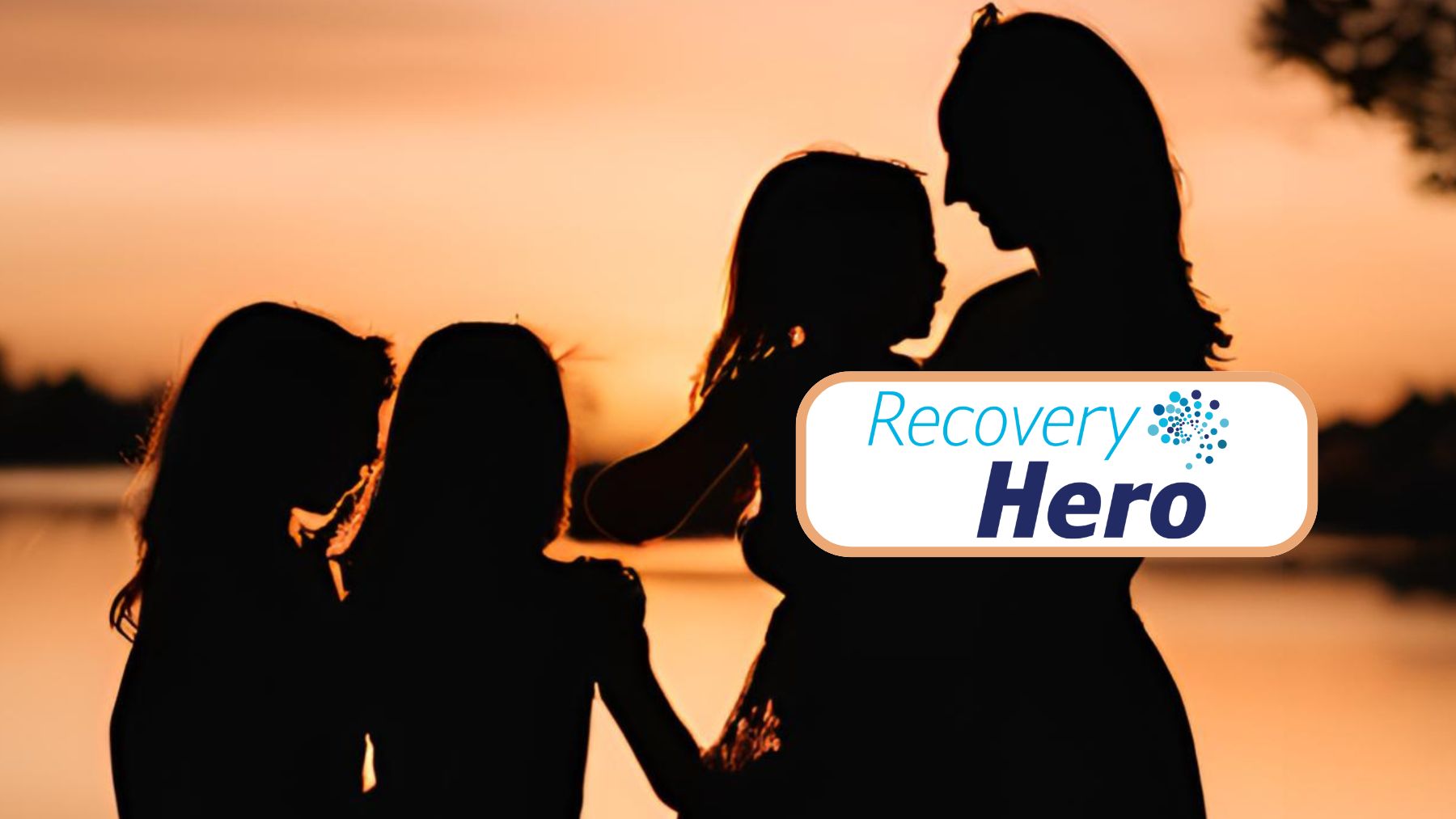
Losing her children motivated her to conquer substance use for good.
When Lindsey recalls her 12 years of active drug and alcohol addiction, she compares it to a tornado. “It totally uproots everything in your life, and it’s a hot mess for a good while,” she said. “And then you have to deal with cleaning up all of that mess.”
Lindsey was only 15 years old when the tornado of substance use hit her life. Over the next 12 years, she experienced periods of homelessness and times without access to food, water, and electricity. All of those things threw challenges in her path, but none had the power to push her to seek treatment—until the day Child Protective Services removed her children from her home. Although she had abstained from using for the six days before they were taken, it was too little, too late.
There’s a difference between just abstaining from usage and being in recovery.
Lindsey
“There’s a difference between just abstaining from usage and being in recovery,” Lindsey said. “At that point, I realized I needed to find and maintain my recovery. My kids were my motivator at the beginning, and they still motivate me, but I also define that for myself now.”
It took her 13 months to get her children back, but the recovery journey set in motion then continues to this day. In addition to maintaining her own recovery, Lindsey now assists others as an onboarding specialist on the Connections app with CHESS Health. We’re celebrating Lindsey and our team of onboarding and peer-engagement specialists as Recovery Heroes for two reasons. First, they take on the challenge of their own recovery, and second, they use their life experiences and unique perspectives to walk beside others in theirs.
Lived Experience Informs her Approach
Lindsey’s experiences help her relate to what others are going through, like the fear they might feel when they think about seeking treatment. Drugs and alcohol help dull and mask emotions, so it can be challenging in the earliest days as the pain, regret, and hard feelings come rushing in with no fast and easy remedy to stop them.
“You feel that immediately, and it’s very, very hard. There’s no comfort blanket or barrier between real life and emotions,” she said. “Not having that anymore is so scary.”
To get through those tough days, Lindsey attended Narcotics Anonymous meetings, returned to her faith, and connected with others. Social media, in particular, was healing and inspirational for her. She posted about her journey and followed others who were living theirs. She knew she wasn’t alone.
“This is why I love the Connections app because it gives you that comfort of knowing that there are other people on this journey,” she said.
She feels fortunate to have avoided any real setbacks in her recovery journey, which she credits to being laser-focused on getting her children back. But she’s honest about the fact that in quiet moments, doubt would creep in.
“Dealing with all that stuff from my past, this is hard,” Lindsey recalls feeling. “This is so much, so many people I let down. So many things I have to get financially caught up on. I have to rebuild and relearn and redo—there was so much doubt.”
But every day, at the end of the day, she’d remind herself that, once again, she made it through. And every day, it got a little easier.
Lindsey shares stories like this with people working to stay in recovery that she encounters on the Connections app. For many people, one full day of abstinence is too much to handle, so Lindsey encourages them to think in shorter increments—often much shorter, like 5 minutes or an hour—to get in the habit. As each increment passes, strive for the next one. Over time, the practice becomes ingrained.
Rediscovering Life’s Joys
Lindsey finds satisfaction in tracking her recovery time, although she acknowledges that it isn’t as important for everyone. She encourages everyone to find their groove, to stick to what works for them, and to look for those who can help them along the way.
Now Lindsey looks back with gratitude and sees all the work she did to rebuild her life after the tornado that hit her at such a young age.
“Maybe these things needed to be knocked down to make room for more beautiful things in life,” she said. “Sitting outside with coffee and watching the sunrise. Taking my dogs for walks. I went on a Slip and Slide with my kids and lived to tell about it, no broken bones. These are the little joys in life that I didn’t know I was missing out on.”
These are the little joys in life that I didn’t know I was missing out on.
Lindsey
In honoring Lindsey’s remarkable commitment to her recovery and her unwavering dedication to her family, we celebrate not only her journey of resilience and transformation but also the profound impact she has on others who walk a similar path. Her story serves as a powerful reminder that with determination, love, and support, it is possible to rebuild one’s life and inspire hope in those around us. Lindsey is a Recovery Hero.
